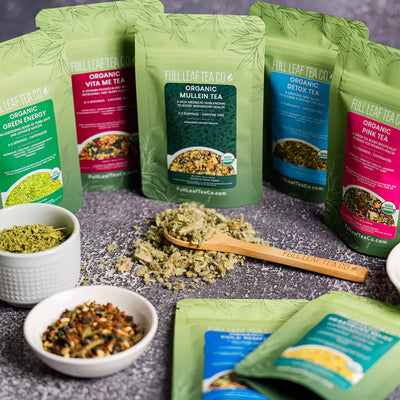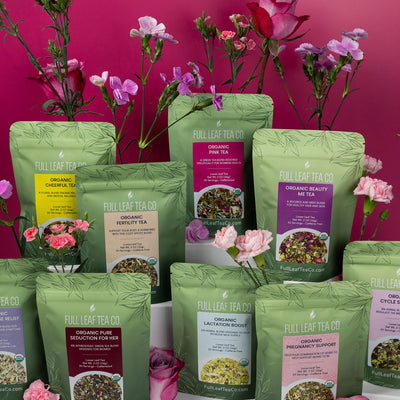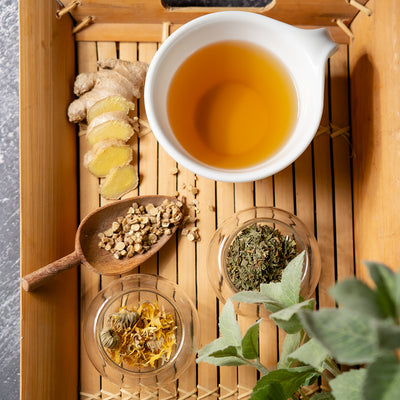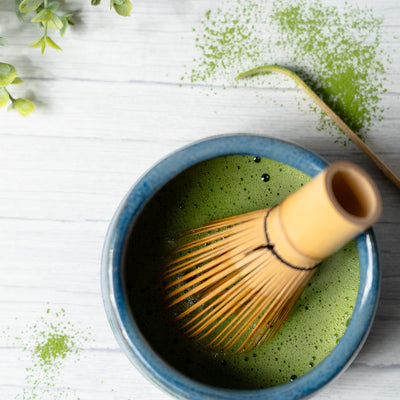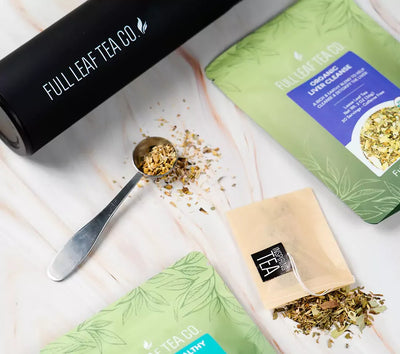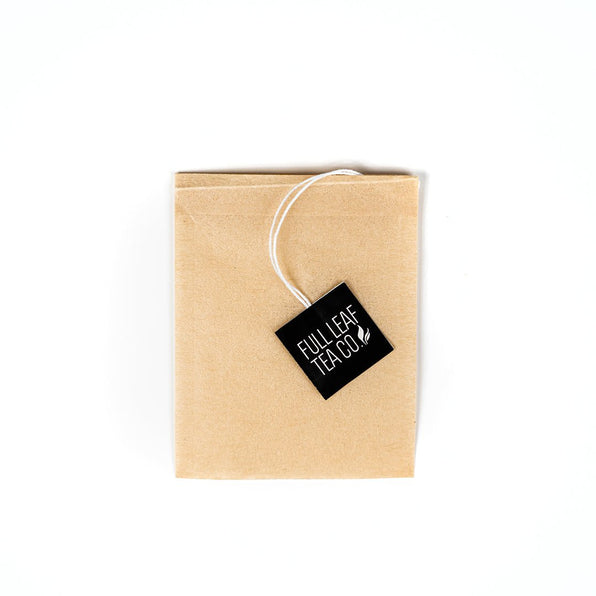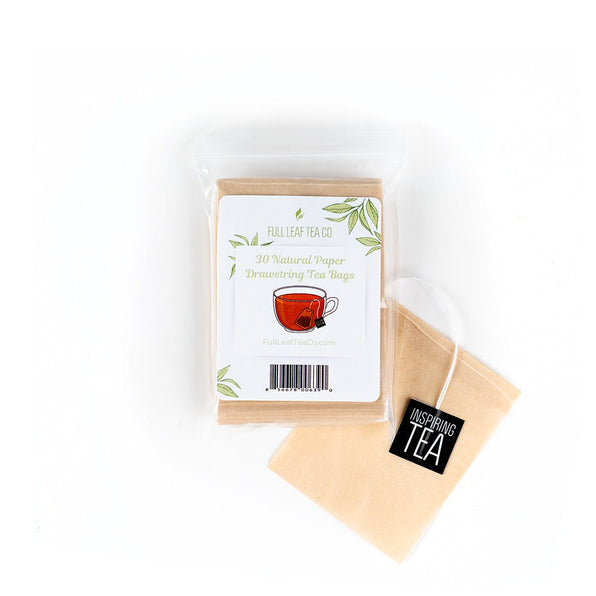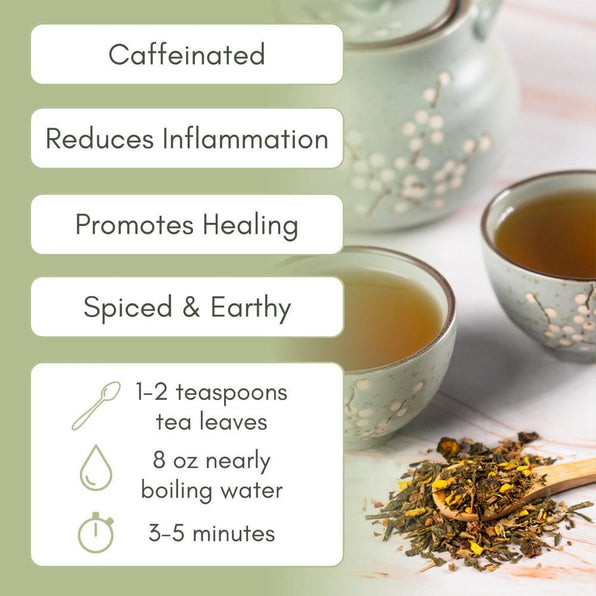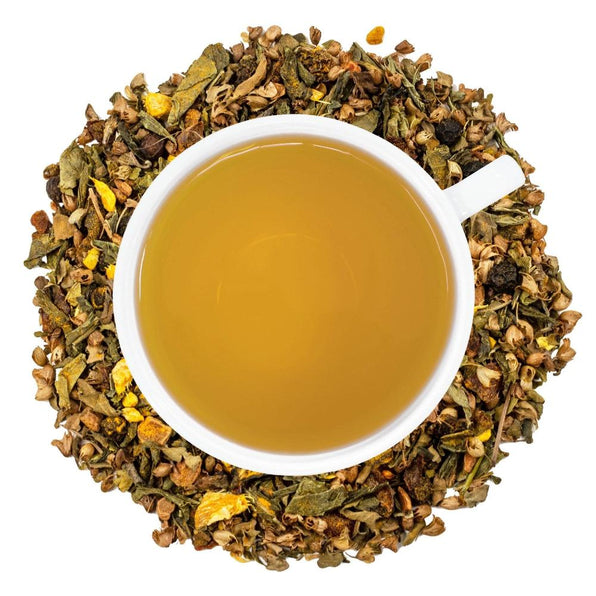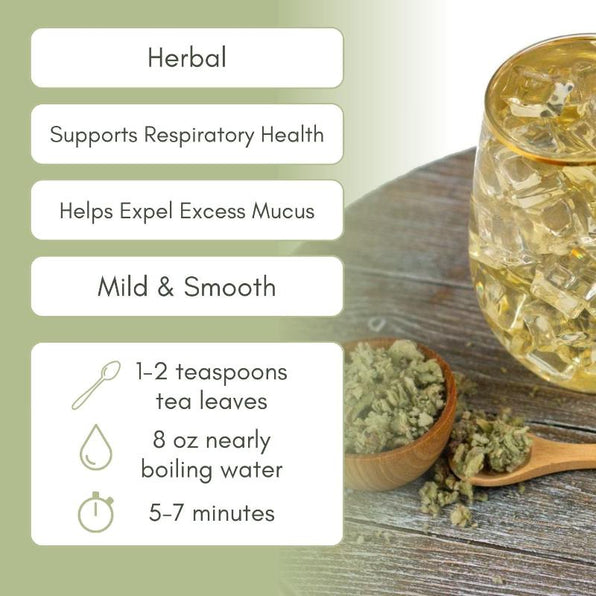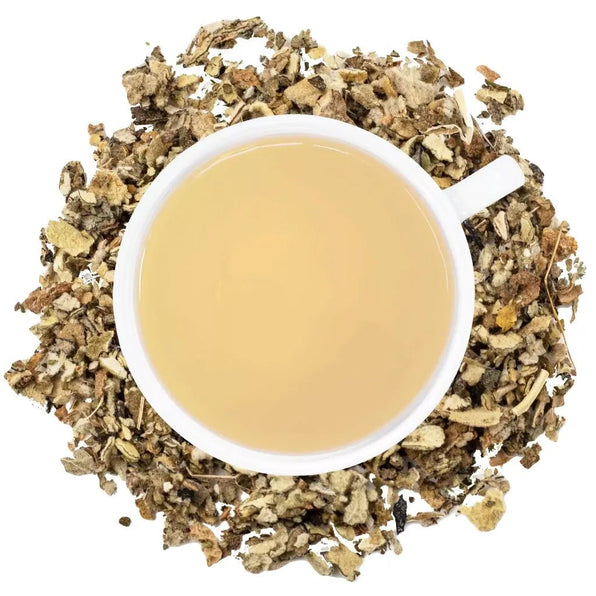Table of contents

15 mins
9-11 mins
20 cookies
Tea Cookies
There’s nothing quite like the aroma of freshly baked cookies, but when you add a touch of lemon myrtle, they become something truly special. These cookies combine sweet, chewy goodness with the bright, citrusy lift of lemon myrtle, an Australian native herb that’s often described as “more lemony than lemon.” Perfect with a cup of tea or as a naturally refreshing treat, this recipe brings together comfort and a hint of the fresh flavor.
Lemon myrtle (Backhousia citriodora) has been cherished for centuries by Indigenous Australians, who used its fragrant leaves not only for cooking but also for medicinal and ceremonial purposes. Native to the rainforests of Queensland, it became widely known in the 19th century when botanists identified its intense lemon aroma and essential oil content. Today, it’s celebrated worldwide as a uniquely Australian superfood, prized for its versatility in both sweet and savory recipes.
The flavor of lemon myrtle is clean, vibrant, and citrusy. It is like a smoother version of lemon with a floral twist. Beyond its refreshing taste, lemon myrtle is naturally caffeine-free and packed with antioxidants. It’s known for its antimicrobial and anti-inflammatory properties, making it not only delicious but also beneficial to your wellbeing. In these cookies, it adds brightness without the acidity of lemon juice, creating a treat that feels indulgent yet nourishing.
Let's dive into the details of making these anti-inflammatory lemon cookies.
Ingredients
1 cup (120 g) almond flour (anti-inflammatory, gluten-free, healthy fats)
½ cup (60 g) oat flour (fiber, gut-friendly)
½ tsp baking soda
¼ tsp salt (optional)
2 tsp ground lemon myrtle
⅓ cup coconut oil or extra virgin olive oil, melted and cooled (healthy fats, anti-inflammatory)
⅓ cup coconut sugar or pure maple syrup
1 large egg (or 1 flax egg for vegan)
1 tsp vanilla extract
Optional boost: 1–2 tbsp ground flaxseed or chia seeds (extra fiber & omega-3s)
Directions
Preheat oven to 350°F (175°C). Line a baking sheet with parchment.
Dry mix: In a bowl, whisk almond flour, oat flour, baking soda, salt, lemon myrtle, and flax/chia (if using).
Wet mix: In another bowl, whisk melted coconut oil, coconut sugar/maple syrup, egg, and vanilla until smooth.
Combine wet and dry ingredients until dough forms. It will be slightly sticky.
Shape: Scoop tablespoons of dough, roll into balls, and gently flatten on the baking tray.
Bake 9–11 minutes, until edges are golden.
Cool completely on a rack (they firm up as they cool).

Why It Works
Almond flour + oats: Rich in healthy fats, fiber, and compounds that fight inflammation.
Coconut oil / olive oil: Anti-inflammatory fats (instead of butter).
Natural sweetener: Coconut sugar or maple syrup reduces blood sugar spikes.
Flax/chia: Omega-3s that actively reduce inflammation.
Lemon myrtle: Adds flavor and contributes antioxidant and anti-inflammatory effects.
- Shape: Scoop tablespoons of dough, roll into balls, and gently flatten on the baking tray.
Flavor Twists
Add a handful of blueberries (anti-inflammatory powerhouse) for a chewy, fruity version.
Stir in a few chopped walnuts (omega-3 rich) for crunch.
For a soothing note, add ½ tsp ground ginger or turmeric—both great anti-inflammatories and delicious with lemon myrtle.
These lemon myrtle cookies are the perfect balance of comfort and freshness. They are soft, subtly sweet, and delicately citrusy with every bite. Whether you’re baking them as a weekend treat, sharing them with friends over a cup of tea, or looking for a unique twist on classic cookies, they’re sure to impress. These cookies bring a touch of nature’s goodness straight into your kitchen. Give them a try for a weekend treat. You never know, you might just discover your new kind of favorite cookie.
FAQs
Can these be made vegan?
Absolutely, release the egg with a flax egg to make the recipe vegan.
Can I use regular flour?
You can absolutely replace to almond and oat flour with regular flour. They won't be gluten free anymore, but you can alter the recipe to fit your dietary preferences.
Are lemon myrtle cookies healthy?
While still a treat, these cookies can be made with wholesome swaps like coconut sugar, almond flour, or oats. Lemon myrtle itself is rich in antioxidants and has antimicrobial and anti-inflammatory properties, so you’re adding more than just flavor—it’s a little boost for your wellbeing, too.
Summary
These cookies are gluten and dairy free. They are also made with coconut sugar.
These cookies are easily customizable. Either add an extra ingredient like blueberries or top them with a lemon glaze.
Learn all about organic lemon myrtle in the blog below.

